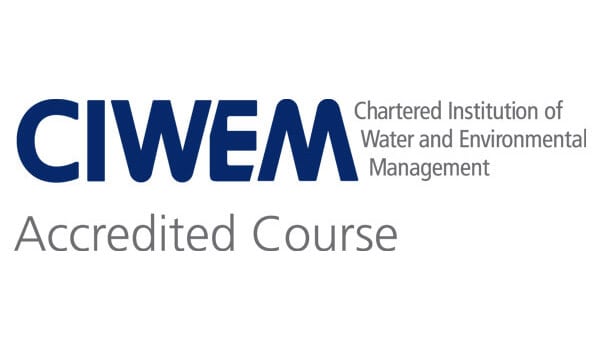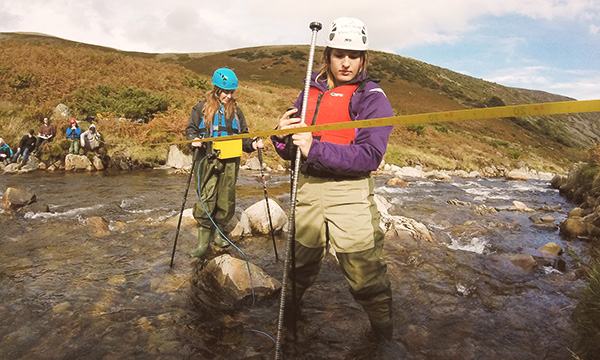The teaching staff in general are excellent within LEC; they are great at encouraging you to better yourself, and their feedback is crucial to your development. Lancaster also provides a great deal of support centrally in terms of careers and wellbeing. The Careers Service here on campus has lots of information on term-time vacancies, internships, and graduate schemes, as well as exhibitions open to everyone for you to explore potential employers. Meanwhile, there are also dedicated Mental Health Practitioners and student support services for you to access if you need them.
As an International student, I've found building my network with other International students here so easy. The students are very diverse and come from all over the globe, and there is a society dedicated to almost every country. I joined the Indonesian society in Lancaster, and it became my second home; and even if you don’t find a friend from your country, you could always join another country’s society. My flatmates from Japan, Taiwan, and Peru went to Indonesian society events several times, and our doors were always open to them, and everyone else.
Bagoes Ramdhani, MSc Sustainable Water Management



















